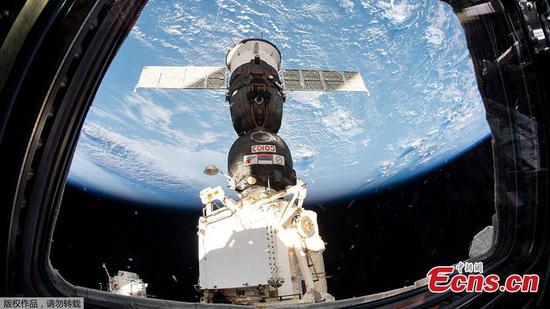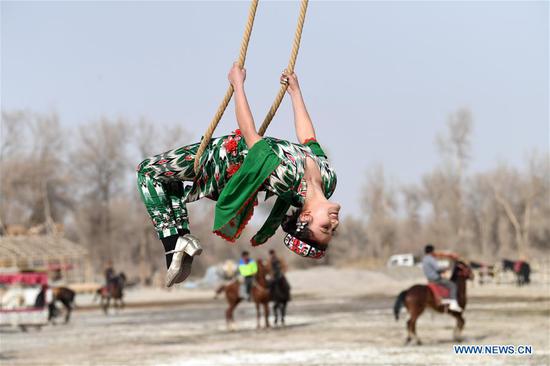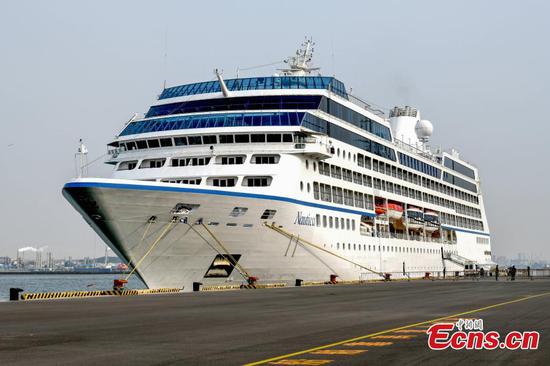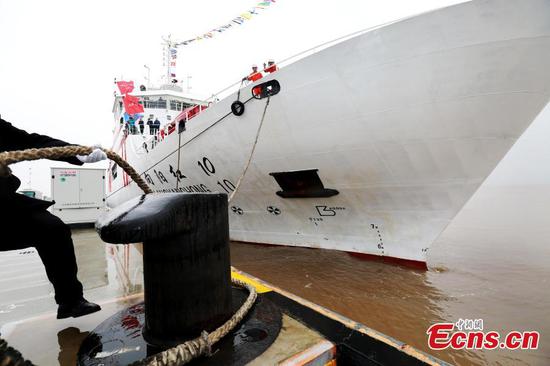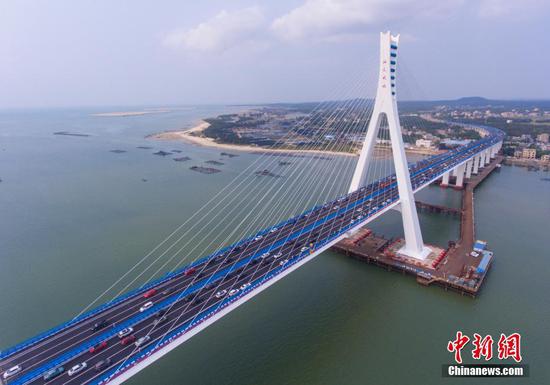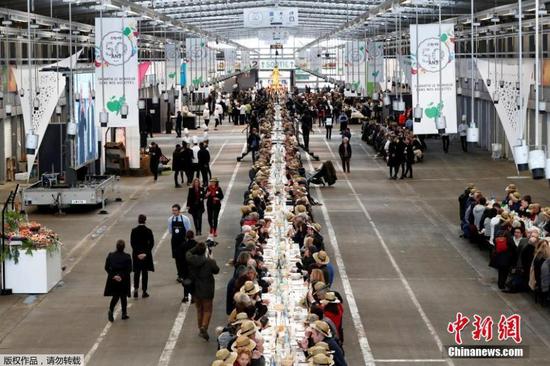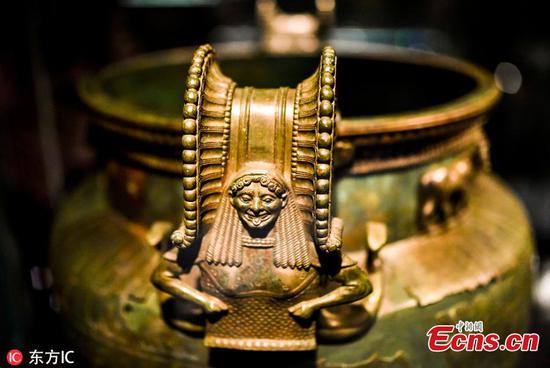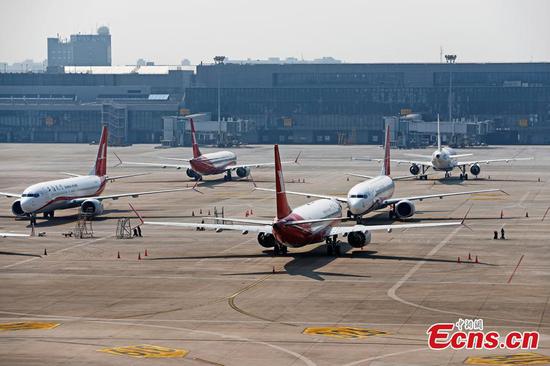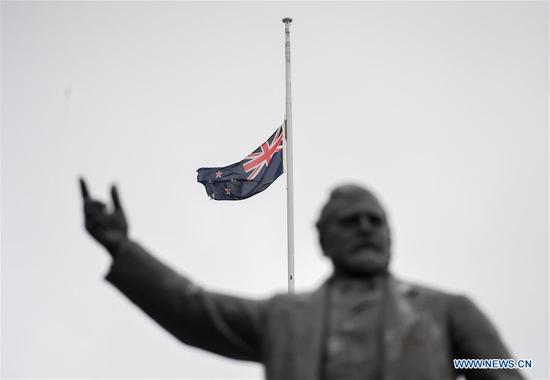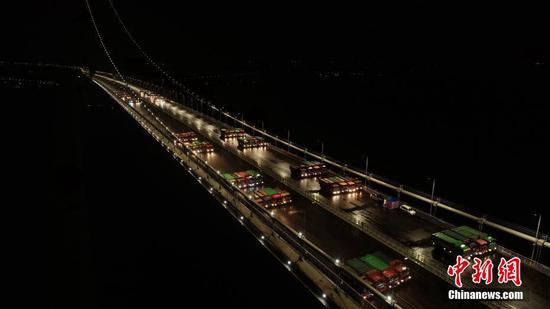While it is true to say that Brexit – the United Kingdom's withdrawal from the European Union – is a confusing and ever-changing process for those of us living through it, when the dust settles, historians should be able to provide insights and explain what went on during these years of apparent chaos.
We know many academic historians in the UK are in favor of remaining in the European Union because of an open letter they wrote in response to an article published in May 2015 in History Today about Britain's place in Europe. The article by Leave supporter David Abulafia, a professor of Mediterranean history at Cambridge University, drew an extraordinary response from history academics.
More than 300 historians reacted by signing an open letter to the Guardian newspaper in which they said: "As historians of Britain and of Europe, we believe that Britain has had, in the past, and will have in the future, an irreplaceable role to play in Europe."
The letter's signatories included the prominent historians Ian Kershaw, an expert on the social history of 20th century Germany, Juliet Gardiner, whose books include a history of Britain during the Blitz, and Kathleen Burk, emeritus professor of modern and contemporary history at University College London.
Leave supporters believe a certain separation from Europe is part of Britain's historical DNA. Historian and TV presenter David Starkey, said: "England's semi-detached relationship with continental Europe is neither new nor an aberration. Instead, it is deeply rooted in the political developments of the past 500 years."
But Remain supporters in their open letter argue: "Political, social, cultural, and economic life in Britain has always depended upon, drawn upon, and given back to Europe … The centrality of Christianity to Britain's cultural past makes sense only with reference to the broader world of Christendom."
David Edgerton, a professor at King’s College London, said neither pro-Brexit supporters' emphasis on the continuity of Britain nor pro-EU elements' portrayal of a British delusion about imperial grandeur are valid.
"Today, the UK is 'just' another European power – a big Canada, rather than a small United States, on a par with France and Germany, and on many measures behind them. Looking for past comparisons almost guarantees misunderstanding of this fundamental point, unless, that is, we look to Canadian history," Edgerton said.
A recent issue of Contemporary European History tried to examine Brexit as a historically rooted phenomenon by asking 19 European historians to share their thoughts.
The contributors gave a range of answers, including a response to the question of how historians should write Brexit into longer-term trajectories of European history, and how Brexit compares with other moments of crisis in European structures.
Many agreed that Brexit means the UK's status as a widely admired and aspired-to role model has been irreparably damaged.
Pieter Lagrou, a professor at Free University of Brussels, said that by choosing a referendum to solve an insoluble internal difference, the UK's political establishment abandoned the long-tested path of political moderation and stability, which resulted in the rest of Europe losing a model of stable parliamentary politics and representative government.
Spanish historian Nunez Seixas said that, for centuries, Spanish historians have seen the UK as a model of modernity, tolerance, and governance, but that Brexit has made these observations far less obvious.
Seixas noted that the prospect of Brexit presents a painful disappointment to countries that have long upheld the British way as a superior one that is to be followed and emulated, although he said he believes the situation also presents an opportunity because countries will have a new freedom that comes from no longer having to live up to British standards.
Some historians point to the way world wars have resulted in political ruptures or failed solutions,and note that this can serve as a cautionary tale for Brexit. Others say that one, or both, of the world wars sowed the seeds of political and cultural divergence between the UK and the rest of Europe that eventually culminated in Brexit.
Ferenc Laczo, from Maastricht University, and Mate Rigo, from Yale NUS College, conclude that Brexit will result in similar challenges to those that stemmed from the "exits" of Central European nations from the German and Austro-Hungarian empires during and after World War I.
Martin Conway, a professor at City University of London, identifies the late 1930s and World War II as a period that saw the separation of the UK from European alliances and shared projects, after which continental Europeans became more reluctant to allow their Europe to be changed by the UK.
"During the 20th century, the British have been Europe's military and diplomatic allies, the providers of refuge, and a source of ideas, as well as economic and financial partners; but, to turn a phrase of (former prime minister Margaret) Thatcher to a very different purpose, they were never one of us", he said.









